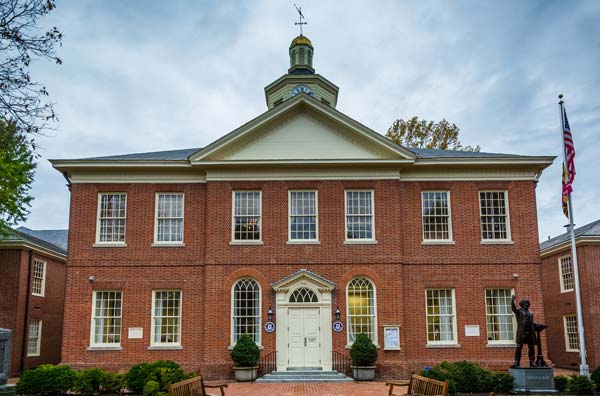Among the many fiduciary duties of an executor in Maryland is the closing of an estate. This process is as important as distributing assets and paying the deceased’s death taxes because it marks the official end of the probate process.
Understanding what it means to close an estate
Under the 2013 Maryland Code Estates and Trusts Section 5-709, closing an estate “means the termination of the fiduciary’s duties as provided in the deceased’s estate planning documents and Maryland probate laws.” In other words, once all debts and taxes have been paid and all assets distributed, the executor’s or administrator’s duties are complete.
The process
The first step is to file a notice with the court that you wish to close the estate. This is done by filing a “Petition for Declaration of Completion of Administration” along with any supporting documentation. The court will review your petition and, if everything ticks, will issue an Order Closing Estate. With this order, you can distribute any remaining assets to the rightful heirs and beneficiaries. After which, you’ll file a “Report of Completion of Administration” with the court to officially close the estate.
The timeline for the closing process
Ideally, you should be able to close the estate within 13 months of the decedent’s death. However, depending on the size and complexity of the estate, it may take longer. In any case, it’s important to keep meticulous records throughout the process to prove to the court that you’ve fulfilled all your fiduciary duties.
Consequences of failing to close an estate
If you don’t close an estate within a reasonable time, the court may revoke your status as executor or administrator and give the job to someone else that can deliver as needed. In addition, the court may order you to pay damages to any heirs or beneficiaries harmed by your failure to close the estate.
Even though an executor will get legal forms that show that they have accomplished their tasks and closed the estate, their responsibility doesn’t end. If 15 years later you discover an unknown deceased bank account with some money in it, you will be the one responsible for distributing it.

